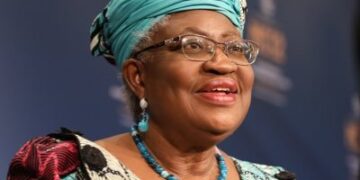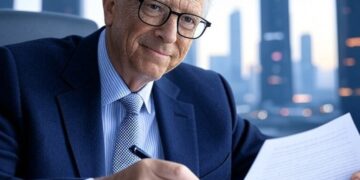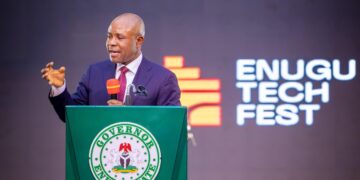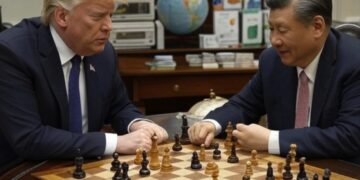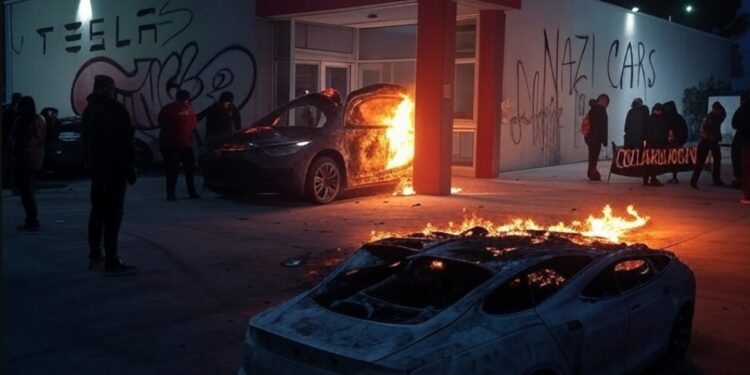What began as a celebrated tale of innovation and sustainability has morphed into a saga of vandalism, protests, and vitriol, much of it tied to Musk’s growing political influence. For stakeholders—investors, employees, suppliers, and customers—this turbulence raises critical questions about Tesla’s future stability, brand resilience, and market performance. As of March 25, 2025, the attacks on Tesla, both literal and figurative, signal a pivotal moment for the company and its leader.

A Wave of Physical and Symbolic Assaults
Since early 2025, Tesla facilities across the United States and beyond have faced an unprecedented wave of aggression. Dealerships have been defaced with graffiti, charging stations torched, and vehicles vandalized with Molotov cocktails and gunfire. In one instance, a Colorado dealership saw repeated attacks, with the words “Nazi cars” spray-painted on its walls—an apparent jab at Musk’s perceived political leanings. In the Pacific Northwest, known for its progressive bent, Tesla showrooms have been riddled with bullets and set ablaze. Even privately owned Teslas have not been spared, with owners reporting stickers and scratches linking their cars to Musk’s controversial persona.
These incidents coincide with Musk’s high-profile role in the Trump administration, where he heads the Department of Government Efficiency (DOGE), a new initiative aimed at slashing federal spending. His close alliance with President Donald Trump, cemented by significant financial support during the 2024 election, has thrust Musk into the political spotlight like never before. For some, this shift has transformed Tesla from a symbol of environmental progress into a lightning rod for anti-Trump and anti-Musk sentiment. Stakeholders must now grapple with whether this backlash is a fleeting protest or a deeper threat to Tesla’s operational integrity.
The Political Backdrop: Musk’s New Persona
Elon Musk has never shied away from controversy, but his recent political entanglement marks a departure from his earlier image as a tech visionary. Once lauded for pushing humanity toward a sustainable future with Tesla and an interplanetary one with SpaceX, Musk is now a polarizing figure in American politics. His leadership of DOGE, which has overseen mass layoffs of federal workers and aggressive deregulation, has drawn fire from progressive groups and labor advocates. Critics argue that Musk’s policies undermine public services, while supporters hail him as a disruptor of bureaucratic excess.
This political pivot has had a tangible impact on Tesla’s brand. Social media platforms buzz with images of vandalized Teslas adorned with swastikas and expletives, often tied to Musk’s actions in Washington. Protests under banners like “Tesla Takedown” have sprung up globally, with organizers decrying Musk’s influence over government policy. For stakeholders, the question looms: can Tesla disentangle its corporate identity from Musk’s crusades, or has the CEO’s shadow grown too large to separate?
Market Ripples and Stakeholder Concerns
The attacks on Tesla are not just physical—they’re financial. Since January 2025, Tesla’s stock has taken a hit, with shares dropping over 30% amid a broader sell-off. Analysts point to a combination of factors: declining EV sales in key markets like Europe and the U.S., heightened competition from rivals like Polestar and BMW, and a growing consumer boycott linked to Musk’s politics. Used Cybertruck prices, a barometer of Tesla’s premium appeal, have fallen nearly 8% since the year began, outpacing the broader used-car market.
For investors, this volatility is unsettling. Longtime Tesla backers, once buoyed by Musk’s charisma and the company’s growth, are now sounding alarms. Some have publicly criticized Musk, arguing that his political antics are eroding Tesla’s reputation as a sustainability leader. Others remain steadfast, viewing the current turmoil as a short-term blip for a company with a proven track record of resilience. Employees, too, face uncertainty, with reports of internal dissent over Musk’s leadership and its fallout on morale.
Suppliers and partners, meanwhile, must weigh the risks of continued association with Tesla. European firms like Germany’s LichtBlick have already severed ties, citing an “incompatibility” with Musk’s ideology. Such moves bolster Tesla’s competitors, who are capitalizing on the discontent to lure customers and corporate clients alike. Stakeholders must ask whether Tesla’s supply chain and partnerships can weather this storm or if further defections loom.
Tesla’s Response and the Road Ahead
Tesla and Musk have not remained silent amid the chaos. The company has condemned the attacks as “evil” and “deranged,” framing them as assaults on a peaceful enterprise. Musk has taken to X, his social media platform, to decry the violence and rally supporters, thanking those who continue to buy Teslas despite the backlash. At a White House event, Trump vowed to treat attacks on Tesla as “domestic terrorism,” signaling robust federal backing for Musk’s empire.
Yet, Tesla’s strategic response remains a work in progress. The company has quietly pledged to address workplace criticisms, such as racism allegations at its Fremont factory, in its latest annual report—a nod to shareholder pressure. On the product front, Tesla continues to innovate, with plans to bolster its autonomous driving technology and expand its energy division. For stakeholders, these efforts suggest a dual-track approach: weathering the political firestorm while doubling down on core strengths.
Navigating the Stakeholder Tightrope
For Tesla’s stakeholders, the current crisis is a tightrope walk between risk and opportunity. Investors must assess whether Musk’s polarizing presence will permanently dent Tesla’s market position or if his track record of defying odds will prevail. Employees face a choice between loyalty to a visionary leader and unease over the company’s shifting identity. Customers, once drawn to Tesla’s green ethos, may reconsider their allegiance as the brand becomes a political football.
The broader lesson for stakeholders is one of adaptability. Tesla’s journey—from Silicon Valley darling to political punching bag—underscores the fragility of corporate reputation in an era of hyper-polarization. Musk’s outsized influence, once a boon, now tests the company’s ability to stand apart from its CEO. As the attacks persist, stakeholders must decide whether to ride out the turbulence or recalibrate their stakes in a company at a crossroads.
A Defining Moment
As of March 25, 2025, Tesla and Elon Musk stand at a defining juncture. The attacks—physical, financial, and reputational—reflect a collision of innovation, politics, and public sentiment. For stakeholders, the stakes are high: Tesla’s ability to navigate this storm will shape its trajectory for years to come. Whether the company emerges as a battered titan or a phoenix reborn depends on Musk’s next moves and the resilience of the ecosystem he’s built. One thing is clear: in this era of upheaval, Tesla’s story is far from over.







